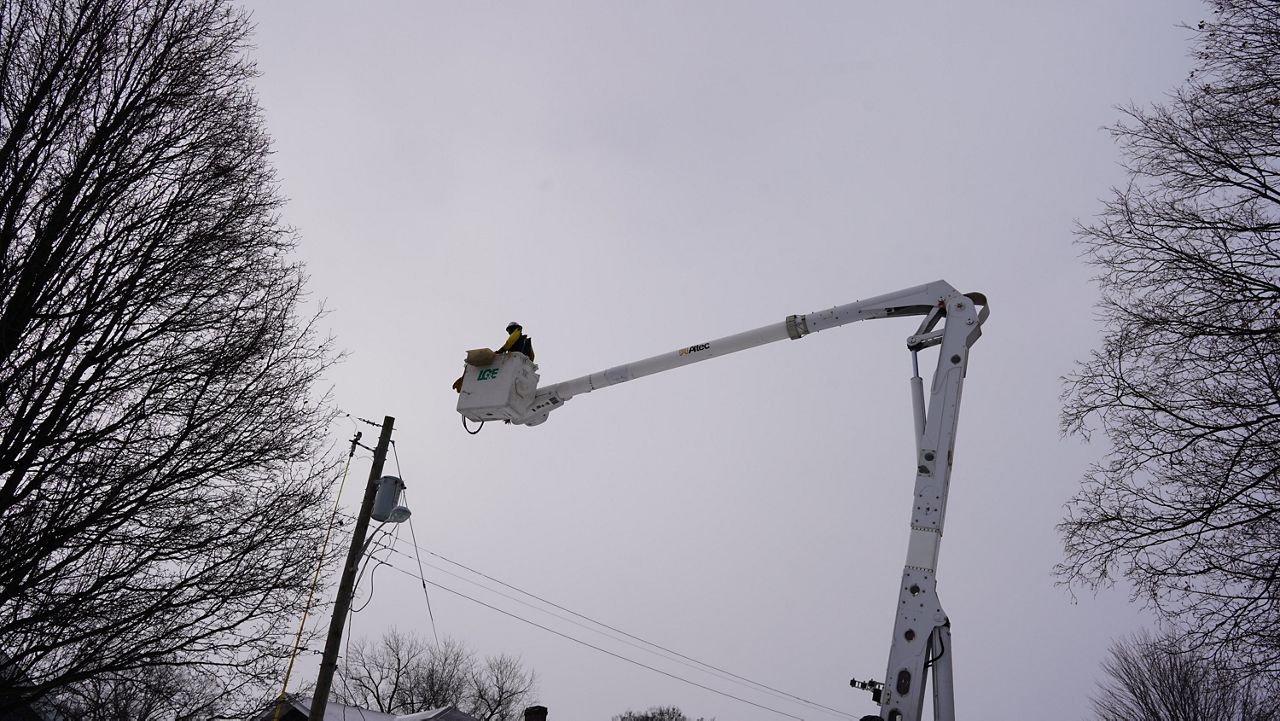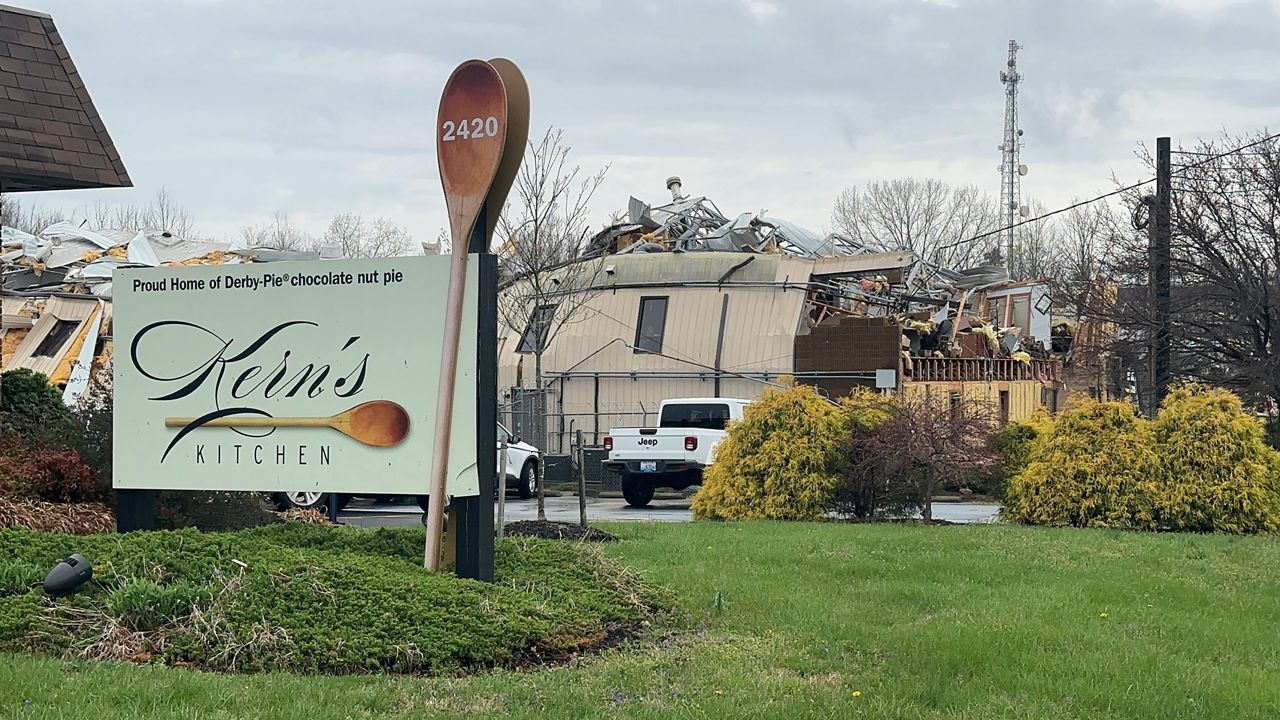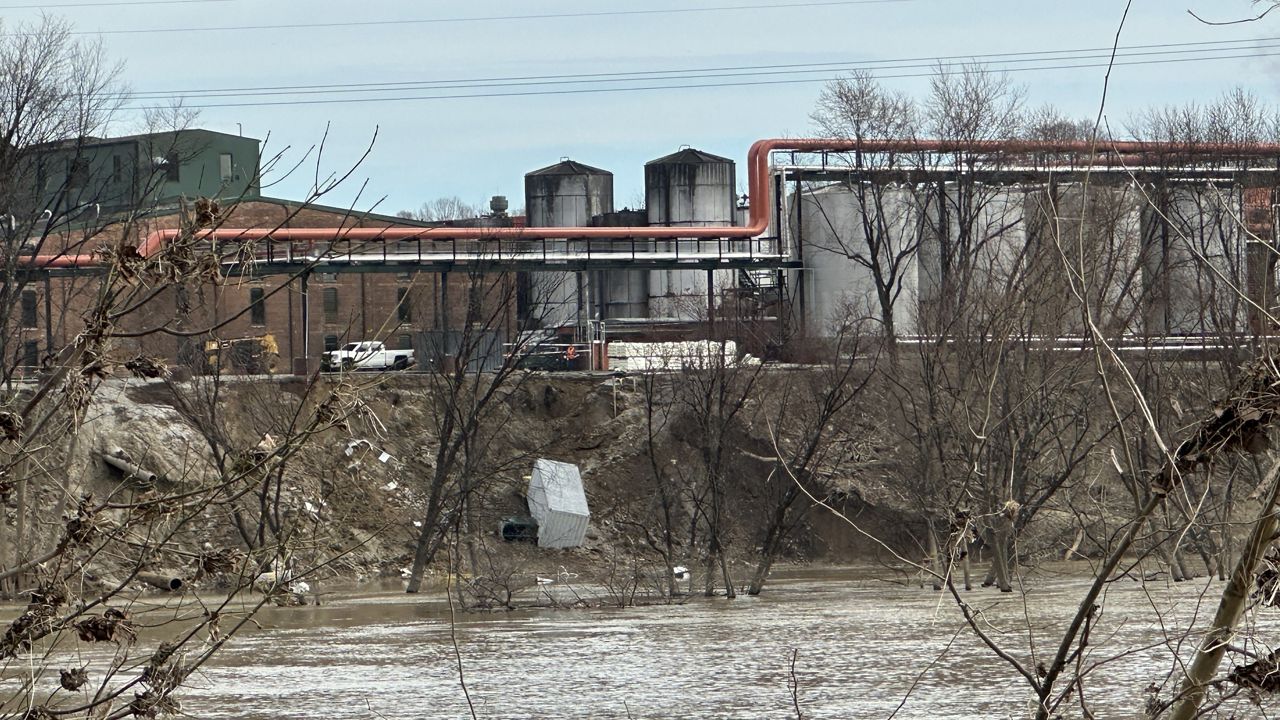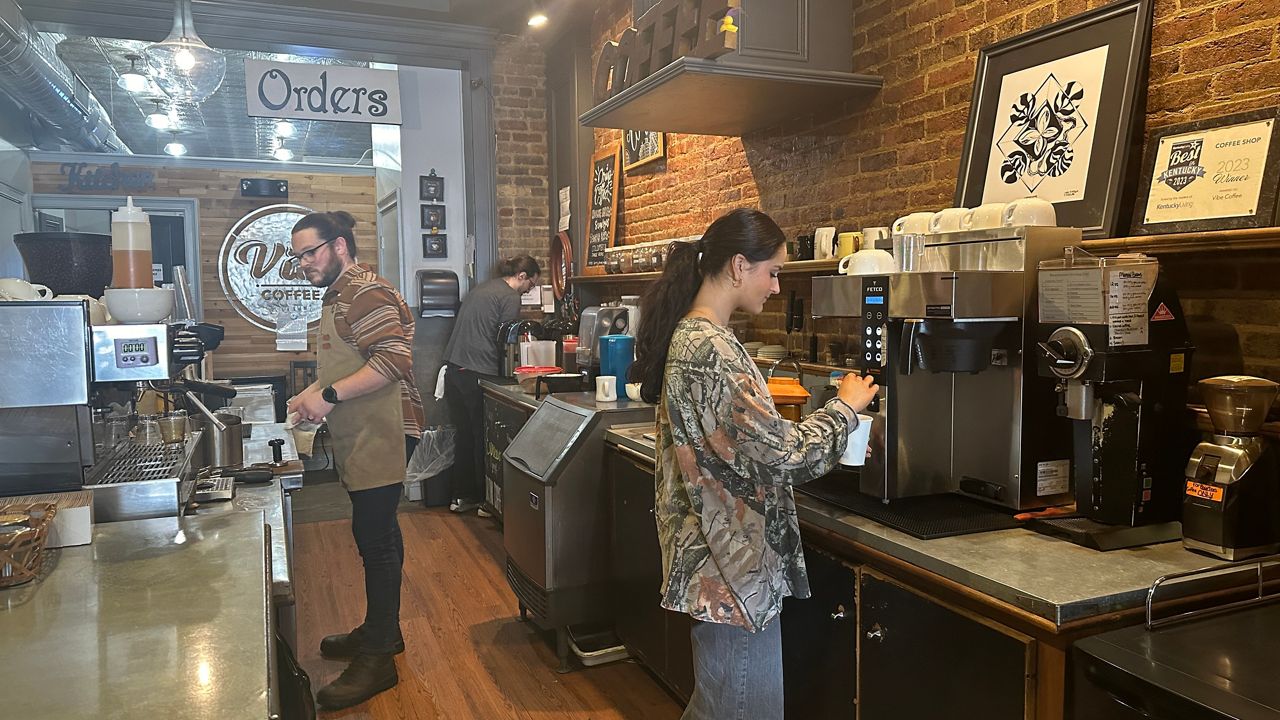KENTUCKY — Extreme cold temperatures and subsequent high energy demands have pressured local energy grids, and LG&E and KU are asking customers to reduce energy consumption as they perform rolling blackouts.
What You Need To Know
- LG&E and KU started performing rolling blackouts Friday night
- They said extreme cold temperatures and subsequent high energy demands have pressured local energy grids
- The company is asking customers to take steps to conserve their household's energy use
- LG&E and KU haven't said when implementation of the rolling blackouts will end
The utility giant started implementing rolling blackouts Friday night. Durations varied, but officials said they aimed for about 30 minutes at a time.
"Our team is working diligently to help minimize extended impacts to our customers and as part of those efforts, we are performing brief service interruptions in intervals across our service territories," the company said in a statement. "We appreciate our customers’ patience and their energy conservation efforts."
Customers are asked to take the following conservation actions:
- Adjust your thermostat to lowest comfortable setting. If you’re going to be gone for more than four hours turn the thermostat down several degrees as well.
- Reduce reliance on other heating sources.
- Wear extra layers such as a sweatshirt or sweater.
- Add extra blankets to the bed.
- Close the fireplace damper and doors when not in use unless you have a gas fireplace.
- Use draft stoppers for windows and doors.
- Turn off all unnecessary lights — including holiday lights — and appliances.
- Run your dishwashers, dryers and washing machines only when full.
- Open curtains, drapes and/or blinds in the daytime to let the sun's heat in your home and close them at night to retain the heat.
- Furniture or drapes should not block air registers.
- Use a microwave oven or a slow cooker or prepare cold meals. Microwaves use less than half the power of a conventional oven and cook food in about one-fourth the time.
It's not yet clear when implementation of the rolling blackouts will end.









